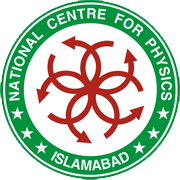March 01 - 04, 2011
National Centre for Physics with a mission to break the scientific isolation of Pakistani researchers is going to organize its 3rd International Scientific Spring in March 2011. This is in continuation of a series of such events to promote science and research in all parts of the country, especially in the less privileged universities of Pakistan. The idea of putting together different fields at a single platform was overwhelmingly appreciated in the First and Second Scientific Springs held in 2009 and 2010 respectively. These activities provided an opportunity to young students and researchers to present their work at a forum of experts and critiques. Holding of such events not only creates an atmosphere of healthy competition among young students and researchers, but it also evokes a sense of generating quality work.
Scientists of international repute from developed and developing countries will be invited to give lectures on advanced topics of current international research interests. Participants from foreign countries will also be invited to contribute to this activity to establish and promote collaborations. Industrial exhibitions, short courses on specific topics, exhibitions of equipment manufactured in national laboratories and other academic programs may also be included in Scientific Springs.
Topics
Laser, Atomic and Molecular Physics (LAMP)
The main purpose of the conference is to bring the scientists at a single platform who are working at national and international level in lasers, atomic and molecular physics. The conference include, bringing together leading experts and students of LAMP, the discussion of important problems, learning and sharing modern techniques and expanding the horizons of modern LAMP.
All the topics both theoretical and experimental will be covered.
Nano Materials (NAM)
Nano Technology involves the design, characterization, production and application of structures, devices and systems controlled manipulation of size and shape at the nanometer scale (atomic, molecular and macromolecular scale) that produces structures, devices and systems with novel/superior characteristics.
ISS-2011 focuses on nano technology's interdisciplinary nature, highlighting cutting edge R & D in Physics, Chemistry, Nano-medicines, Nano-electronics and Nano- materials. The presentations will also explore commercial opportunities and offer networking opportunities to researchers from industry, government, academia and other professions.
Attendees will get a glimpse of the coming revolution of nanotechnology and nano-science. We are entering "golden era" of nano technology in the next decade, with the field maturing and the promised breakthroughs. Participants will experience how nanotechnology in the future will impact every aspect of human existence in the novel and revolutionary ways.
Particle Physics and Cosmology (PPC)
Particle Physics is the study of basic building blocks of matter and the laws governing them whereas, cosmology is the study of structures and changes in the present universe.
The large Hadron Collider at CERN is the biggest accelerator ever built and is going to reveal the physics beyond TeV scale. Compact Muon Solenoid (CMS) is one of the multipurpose detectors built at CERN. NCP is a part of CMS collaboration and is participating in the analysis of data collected by CMS. The results of research at LHC could lead to possible answers of questions like, what is the universe made of? What holds the matter together?
ISS-2011 will focus on the intimately connected fields of cosmology and Particle Physics, attendees will get a flavor of applications of quantum field for interpretation of experimental observations about the most elementary particles to the large scale structures of the universe.
Plasmas and Astrophysics (PAP)
It is well-known that most of the matter in the universe exists in plasma form. A gas of electrons and ions is generally called a plasma. At very high densities like matter in Neutron Stars, in Active Galactic Nuclei, in White Dwarf stars etc, atomic structures break down and a dense plasma state is formed.
The low density high temperature plasmas are important for the controlled magnetic fusion schemes. The laser plasma interaction is also studies to achieve controlled fusion. The ionosphere and magnetoshere of earth contain plasmas and many interesting and complex phenomena are taking place in these environments. The shining stars, gaseous nebula, intergalactic and interstellar media are kinds of plasmas. Plasmas have a lot of industrial applications as well. Therefore, it seems very important to develop strong and active research groups in plasma physics in the country.
In International Scientific Spring the topics to be focused are; Basis Plasma Dynamics, Tokamak Plasma Physics, Low Frequency Electromagnetic Waves, ation and Space & Astrophysical Plasmas.
Director
| Dr. Hamid Saleem |
Speakers
| Long Yan (China) | Guohong Ma (China) | Yingchun Zhu (China) |
| Masaaki Hirayama (USA) | Martin Quack (Switzerland) | V. L. Sukhorukov (Russia) |
| Mariana Safronova (USA) | L. Windholz (Austria) | J. Dembczynski (Poland) |
| Nina Orlovskaya (USA) | Gunter Guthohrlein (Germany) | Jie Liu (China) |
| Shirong Tang (China) | Hui Wang (China) | Nessar Ahmed (UK) |
| Zahid Hussain (USA) | Silke Krol (Italy) | Dilshad Masih (Japan) |
| Yi-De Chuang (USA) | Tanweer Ahsan (USA) |
Advisory Committee
| Aslam Baig | Arshad Saleem Bhatti | Abid Parvez Ghuman |
| Asghar Qadir | Javed Minhas | Jamshaid Hussain Zaidi |
| Mazhar Mahmood | Riazuddin | Syed Wilayat Hussain |
| Shoaib Ahmad | Syed Khurshid Hasanain | Saleem Asghar |
Technical Committee
| Hafeez Hoorani | Hamid Saleem | Tajammul Hussain |
| Zafar Iqbal |
Organizing Committee
| Aasim Fasih Khan (Head) | Muhammad Ansar ul Haq | Muhammad Asif |
| Muhammad Irshad |
Working Groups
| Gul Zaman | Kashif Sarfraz Khan | Nauman Amin |
| Samaira Kanwal | Raja Muhammad Jehangir | Tanzeel Murtaza Khan |
| Ubaidullah Khalid | Zeeshan Ahmed Siddiqui |
Program Outline
This scientific event will feature sixteen talks in plenary sessions, invited and contributed talks in parallel sessions. Topics will cover the latest experimental and theoretical developments in afore mentioned physics. The conference will cover new progress in physics education, public outreach and mentoring of early career researchers.
Conference Venue and Date
National Centre for Physics, Shahdra Valley Road, Islamabad. March 01st - 04th, 2010
Registration
To download the registration form, click here. (Registration Closed) Registration Fee: Rs. 200/- for students. Rs. 500/- for researchers/professors of universities/organizations.
Note: Registration fee may kindly be paid through cross check in the name of National Centre for Physics, Islamabad. No form will be accepted without registration fee.


For Further Queries, Please Contact: Collaborations & Academic Activities Department (CAAD) National Centre for Physics, Shahdra Valley Road, Islamabad, Pakistan Tel: +92-51-2077360, +92-51-2077349 Fax: +92-51-2077395 E-mail: Website: www.ncp.edu.pk
